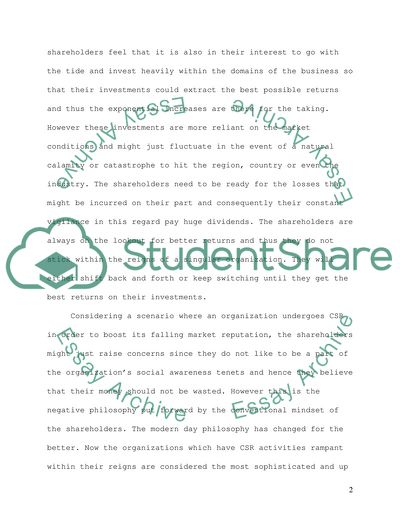Cite this document
(Corporate Social responsibility - CSR Essay Example | Topics and Well Written Essays - 1750 words, n.d.)
Corporate Social responsibility - CSR Essay Example | Topics and Well Written Essays - 1750 words. https://studentshare.org/macro-microeconomics/1715484-corporate-social-responsibility-csr
Corporate Social responsibility - CSR Essay Example | Topics and Well Written Essays - 1750 words. https://studentshare.org/macro-microeconomics/1715484-corporate-social-responsibility-csr
(Corporate Social Responsibility - CSR Essay Example | Topics and Well Written Essays - 1750 Words)
Corporate Social Responsibility - CSR Essay Example | Topics and Well Written Essays - 1750 Words. https://studentshare.org/macro-microeconomics/1715484-corporate-social-responsibility-csr.
Corporate Social Responsibility - CSR Essay Example | Topics and Well Written Essays - 1750 Words. https://studentshare.org/macro-microeconomics/1715484-corporate-social-responsibility-csr.
“Corporate Social Responsibility - CSR Essay Example | Topics and Well Written Essays - 1750 Words”. https://studentshare.org/macro-microeconomics/1715484-corporate-social-responsibility-csr.


